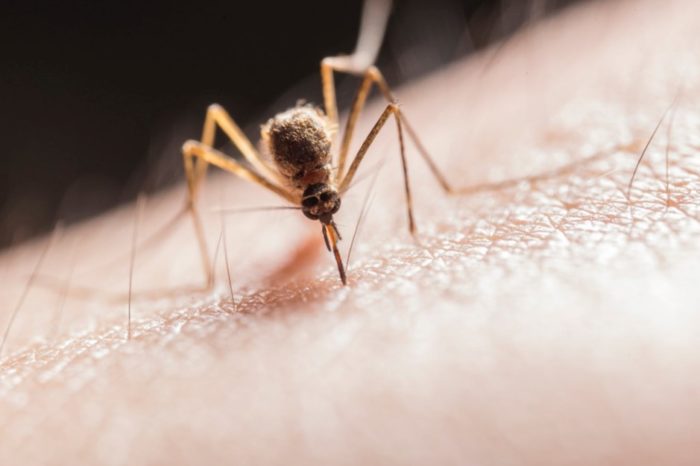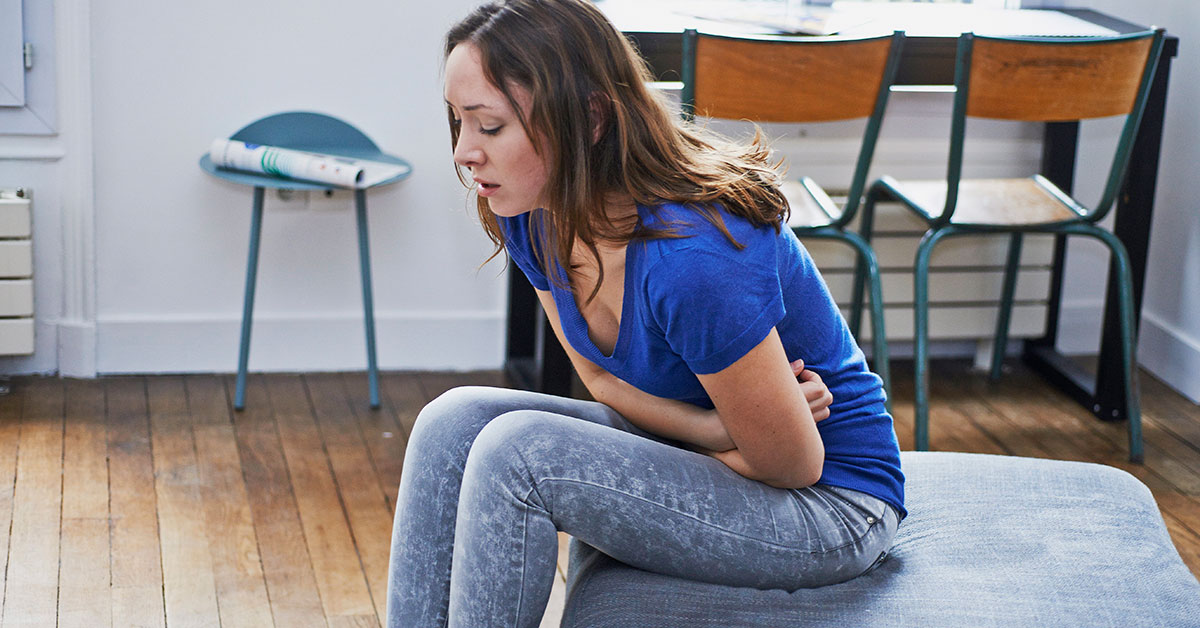What Causes Diarrhoea After Eating?
Diarrhoea tablets are in huge demand. Diarrhoea after eating is medically known as PD – postprandial diarrhoea. It’s a frustrating condition and something thousands deal with daily. Sudden bowel movements can be incredibly frustrating and annoying, to say the least, and quite uncomfortable too. This is a common issue, but one that can be serious for you. Often, it’s known as acute PD and lasts around two weeks. So, what causes diarrhoea after eating, and how to deal with the problem?
Food Poisoning and a Viral Infection
There are many causes of diarrhoea after eating, but one of the more popular options is food poisoning. Now, this is quite common among many and it’s often because food hasn’t been cooked properly or bacteria has gotten into your system. Despite what you might think, it’s common to get food poisoning and it might be a simple error that’s caused the issue. For instance, you have undercooked a piece of steak or you left a piece of raw meat out and consumed it later. You’ll find diarrhoea tablets useful and may help ease the problem.
Viral infections can also cause a sudden influx of diarrhoea. You could use diarrhoea tablets to ease the problem, however, it might not fully solve it. If you have a viral, you must wait for that to pass out of your system. It’s more likely to occur if you have a stomach bug or a flu. Read more!
Lactose Intolerance and An Aversion to Antibiotics
Diarrhoea after eating is quite common for those who are intolerant to lactose. Those who are allergic to milk can’t digest lactose and will expensive diarrhoea. diarrhoea tablets may ease the problem; however, the problem will occur again if you consume daily items. It’s also possible that diarrhoea could be caused by antibiotics. These could upset your stomach and cause acute diarrhoea also.
Consult a Physician
There are a dozen different reasons why you might experience diarrhoea after eating. This can include IBS, minor stomach bugs, and much more. However, some can last longer than others. However, it might be a smart idea to consult a doctor or physician if the condition lasts over a week. While acute PD can clear up within a few weeks, you might need some medication to help. Remember, diarrhoea can cause dehydration and other problems, so it’s crucial to maybe seek medical advice. diarrhoea tablets could help ease things, but it might not fully cure the problem. It’s possible, there are other medical problems, so it’s best to get it checked.
Overcome the Problem
It could be a simple dietary change that makes the difference, then again, it could be a bug that has to run its course. With diarrhoea, it’s difficult to be certain and that’s why speaking to a medical professional is worthwhile. Of course, there are many things you can do to help ease the condition, including using tablets. For most, the problem will resolve itself within a relatively short period of time, unfortunately, that isn’t always the case. Seeking medical advice is important and can help speed up the process. diarrhoea tablets are useful and may help on some levels. Learn more details at: https://www.consultingresources.net/why-diarrhea-is-good-when-youre-sick/






